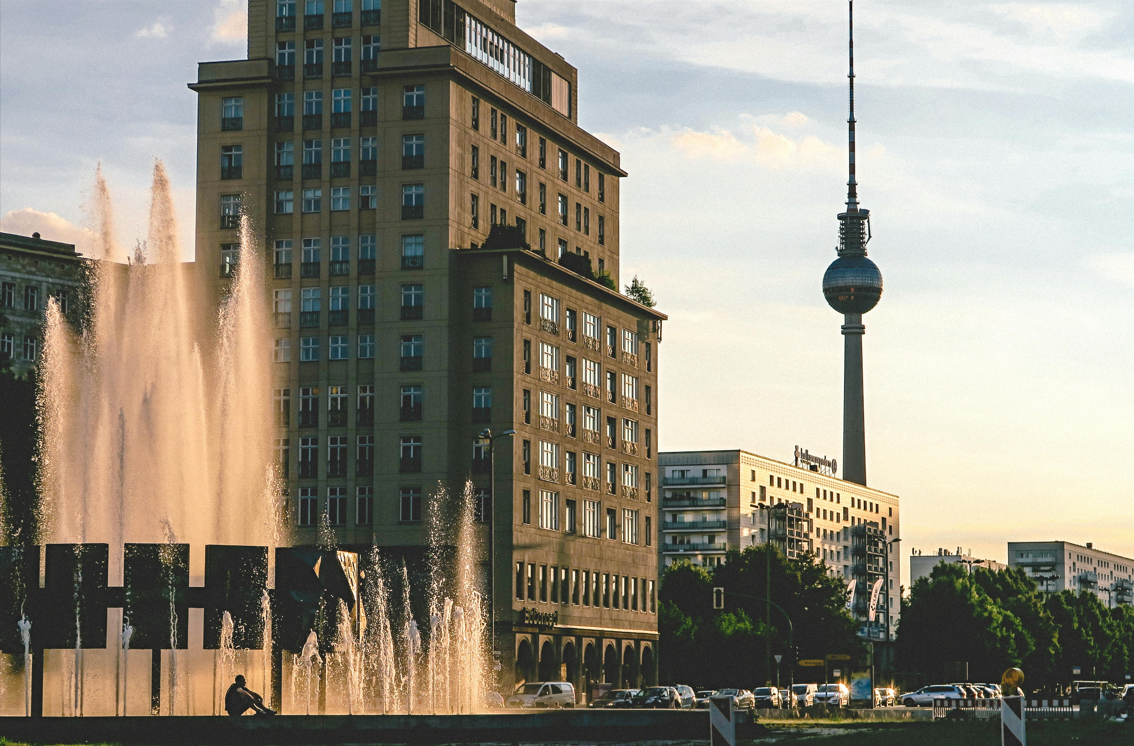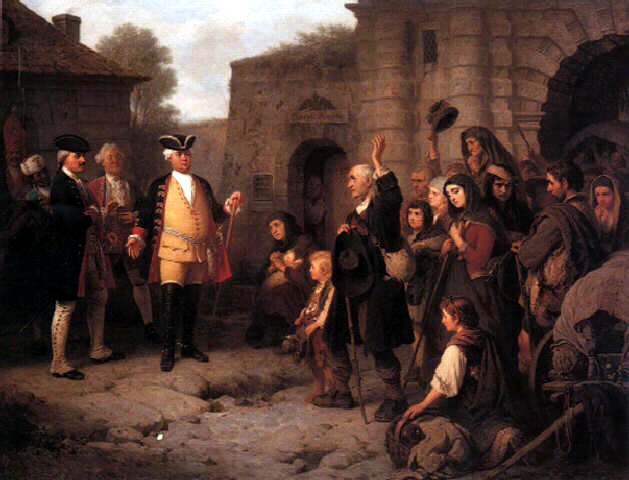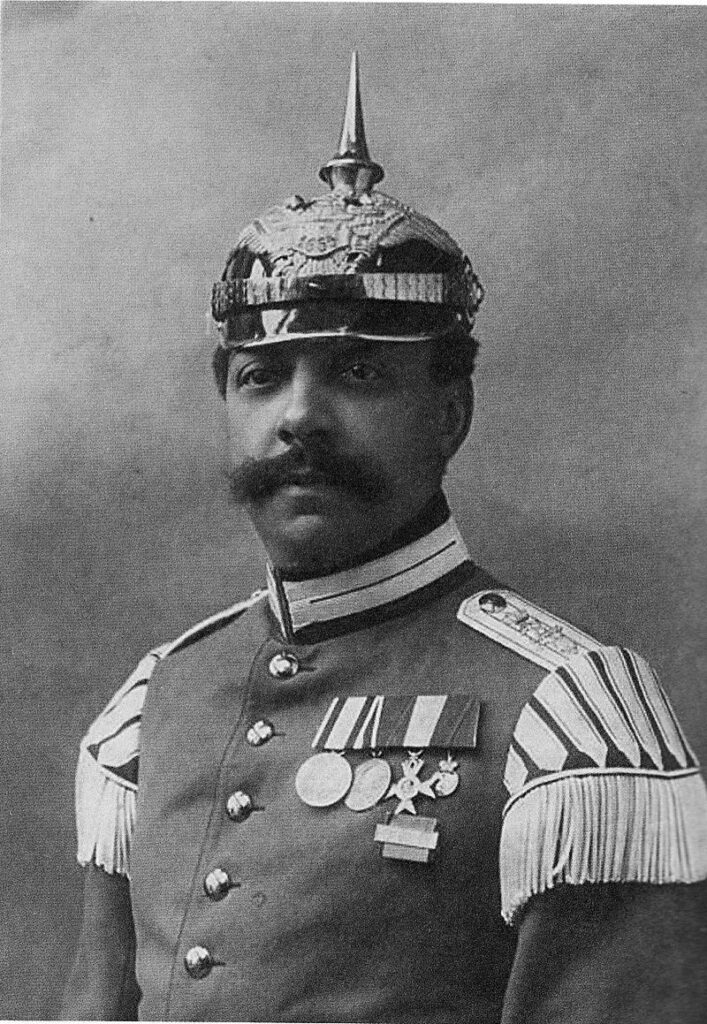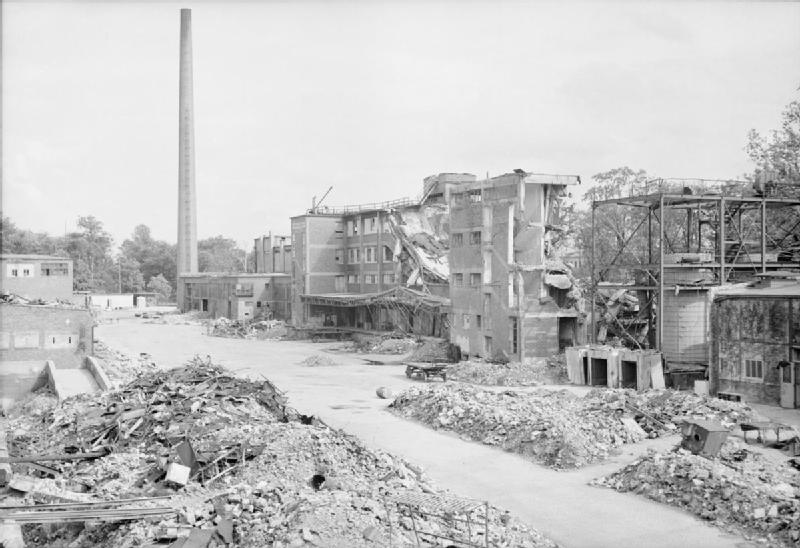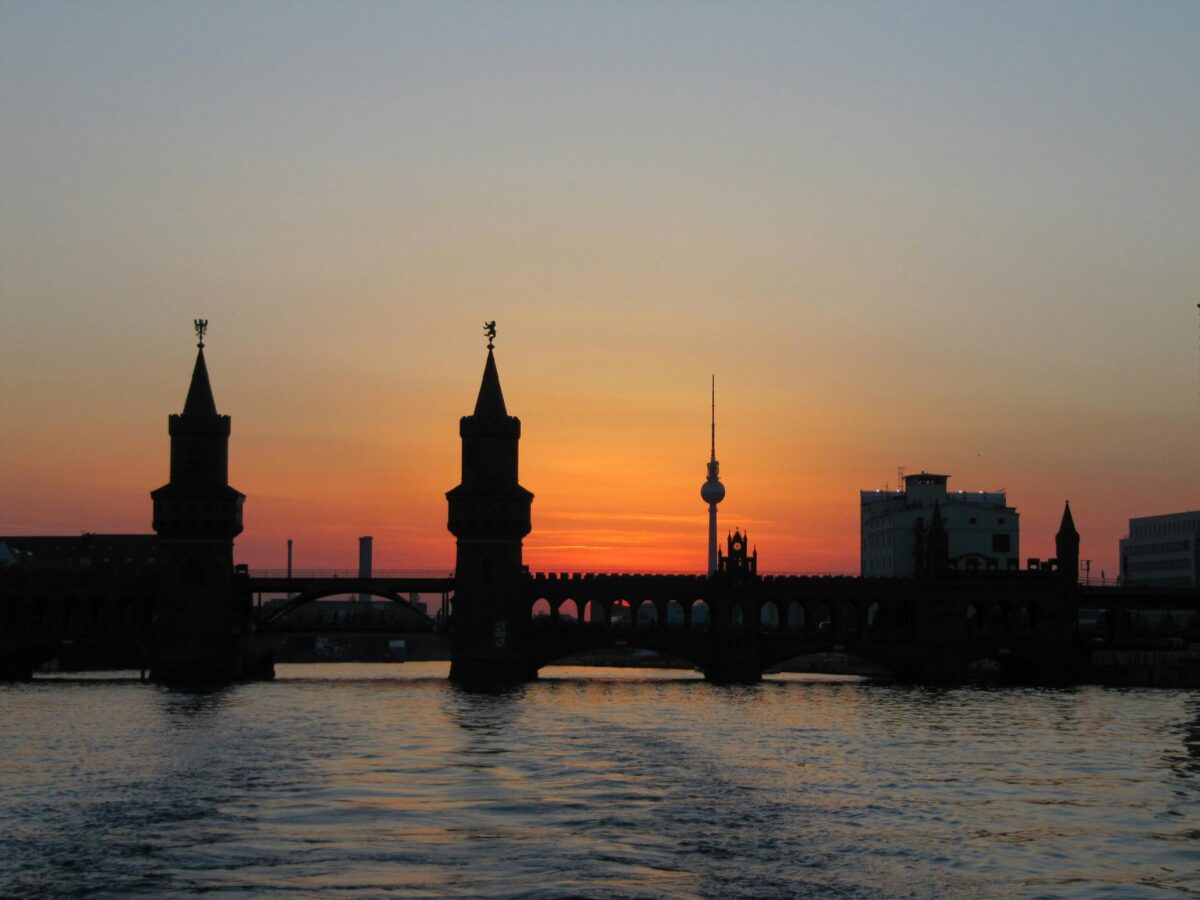Reportedly, there have been cases, where English-speaking expats living in Berlin for years, got dissed for not speaking German.
Underlying to this sort of diss, seems to be the notion, that one should learn the language of the country one resides in.
Personally, I lived and worked in three countries, with three different languages, I all learned to speak. But I generally wouldn’t expect it of every foreigner in Berlin. In example, tourists. I worked in hotels (in three different countries), and from my experience, a hotel e.g. in Spain employing staff speaking also German, and restaurants offering a menu also in German, they may likely have more revenue from tourists than a hotel, where the management is like: “No room for everyone, who can not recite Romance sonámbulo (surrealistic poem by Federico García Lorca) in Spanish.”
And then there is perhaps a 80-year old granny from Ukraine in Berlin. At that age, some persons are still fit enough to learn a new language. But to generally expect it, would be weird. Which then opens a bit different topic, in particular how to ensure that the granny can receive proper medical attention (beyond emergency per se), when she speaks only Ukrainian and just about every (licensed to practice) doctor in the city doesn’t. But there are options, such as having translator service, where staff translates remotely – that is, the granny doesn’t have to bring her own translator, but doctor uses PC or simply phone with loudspeaker to have a translator join the meeting.
Then there may be war orphans, who have arrived as minors on their own at the border. In such a case, it sure is nice if they get kind of adopted, as e.g. Germany does, by saying who their legal guardian is, and taking them to school etc. But, I am not sure if it is ok in such a case, to straight away basically “germanize” the minor, as in teaching it German, with no single lesson with their mother tongue. And that also isn’t a case, where I could plausibly agree with a general notion of “They have to learn German!”. Depending on the circumstances, if it is e.g. a Polish-speaking minor, contacting the Polish authorities about it, would seem a way more appropriate thing to do, than to “ethnically reeducate” the minor. And if the minor happens to be indeed a war orphan, well, to me it seems plausible for the child to have a teacher speaking their mother tongue, such as in form of a boarding school. At such school, the child may then also learn a new language, such as the local one. But to me that isn’t a primary concern.
Like, when a 16-year old arrives, who once had dreams about studying before their country was torn apart by war, there is no reason why the 16-year old couldn’t finish their highschool classes in their mother tongue – and if there is a prospect for them to then study in perhaps yet another country, or in a field that heavily relies on English anyhow, well, then English lessons would sound primarily important for the 16-year old, to boost the study path, and then also job opportunities.
That also brings me to international students in general. Like, when someone arrives in Berlin to study for 5 years, not necessarily in German, but i.e. computer science in English. Sure nice if they learn at least a few phrases in German. But generally, they are likely busy with their study. As is everyone in Berlin for a work-stay.
And as far as I see it, there is no problem at large, when not everyone in the city speaks the same language with each other. There are cases, where it sure is even practical to speak one common language. I.e. when a family is in Berlin with child in school, it sure is nice when also parent and teacher can understand each other. But generally, when e.g. David Bowie, Iggy Pop, and Nick Cave lived in Berlin, it wasn’t like the world would have necessarily gained much, if they would have happened to start singing German Schlager-music, in the name of integration into the one German society.

